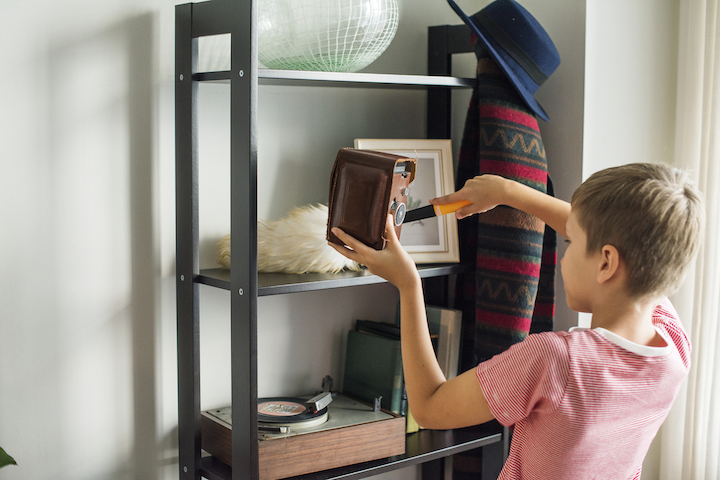
Say Goodbye to Spring Allergies: How Air Purifiers Can Help Conscious Parents
As the buds bloom and nature awakens from its winter slumber, spring brings with it a vibrant burst of life. However, for many, this seasonal
Call us on 0333 015 4345 or email hello@theconsciousparent.co.uk

The more often you dust, the easier you’ll find it to keep your home clean and free from allergens.
So how often should you dust your home? It all depends on a few factors. Some things can encourage the build-up of dust in your home – such as if you live with pets, or if you live near a busy main road. Also, if you’ve got serious allergies, then regular dusting can help you manage your symptoms.
In this post we’ll discuss some of the factors that might influence how dusty your home gets and explore some ways you can control the dust in your home.
But first, let’s answer that question – how often should you dust your home?
Household dust can be composed of many small particles, including:
Household dust can also contain numerous microbes and organisms, including fungi, bacteria, viruses, and dust mites. Not all of these organisms will be harmful. But inhaling some of them could trigger allergies, and lead to colds, flus, skin irritations, and other health conditions.
Also, some people are allergic to dust mites. Read our full guide to understanding and managing dust mite allergies.
All households contain dust. But while a little bit of dust is inevitable, a large amount isn’t just unsightly, it can also be bad for your health.
This is why, even if you don’t suffer from any allergies, you should still try to dust your home as often as possible.
Regular dusting and vacuuming will help you stay on top of the dust in your home. But for best results, use an air purifier to remove the dust from your home’s atmosphere before it has a chance to settle.
Our Blueair home air purifiers are fitted with advanced HEPA filters, and they can effectively remove over 99% of particles from the air, including dust, pollen, mould, pet dander, and other particulate matter. At the touch of a button they can quickly and quietly filter the air in a room of up to 17m² in as little as 12.5 minutes, helping your entire family breathe easier.
Find out how the Blueair home air purifiers can be your secret weapon against dust and allergens in the home.

As the buds bloom and nature awakens from its winter slumber, spring brings with it a vibrant burst of life. However, for many, this seasonal

Babies don’t develop self-awareness until they’re around two years old. At around this time, they’ll come to realise that they’re seeing themselves when they look

The Conscious
Parent Company
G4 Business Centre
19-21 Carlisle Street East
Sheffield S4 7QN
0333 015 4345
hello@theconsciousparent.co.uk
